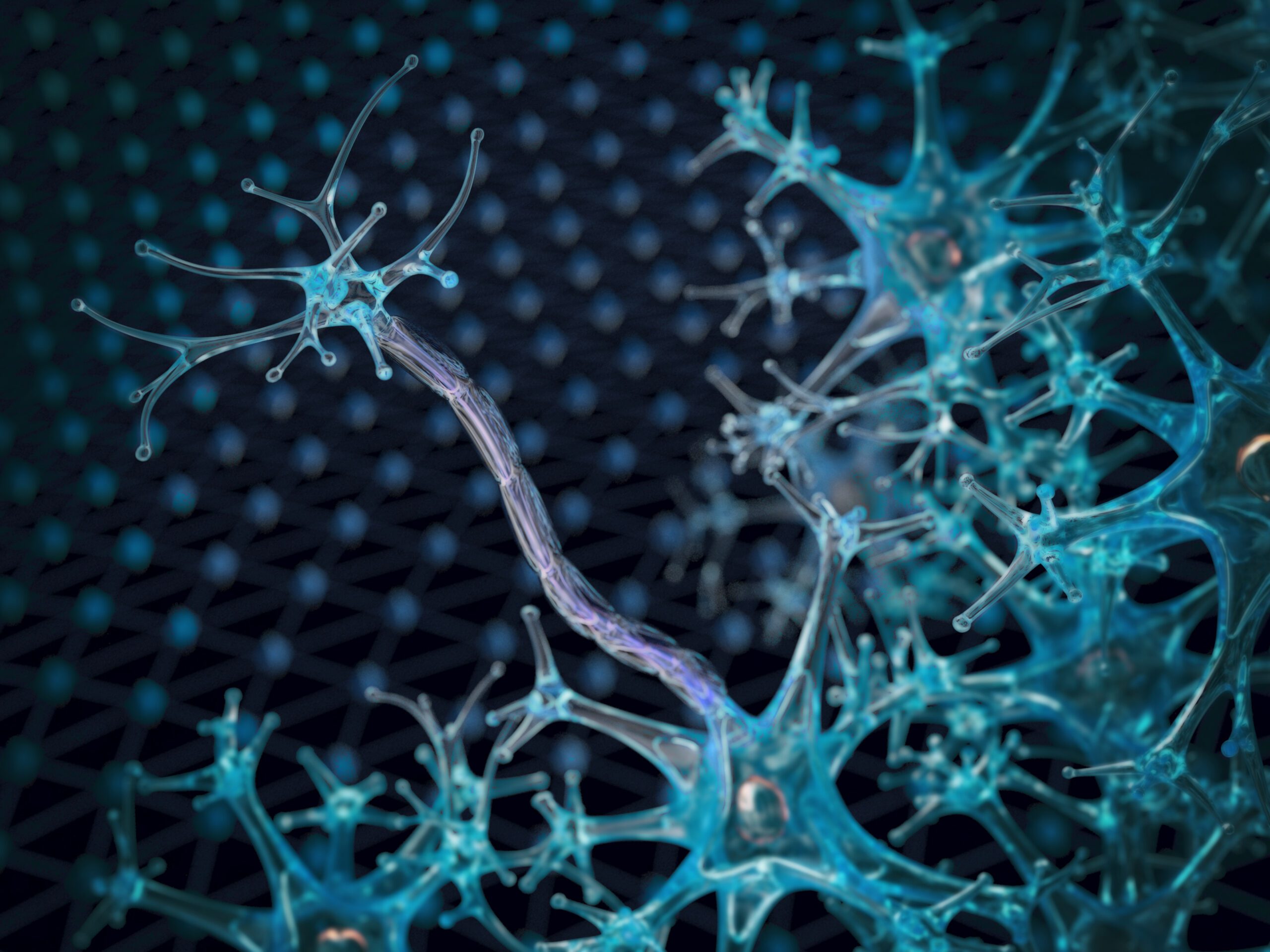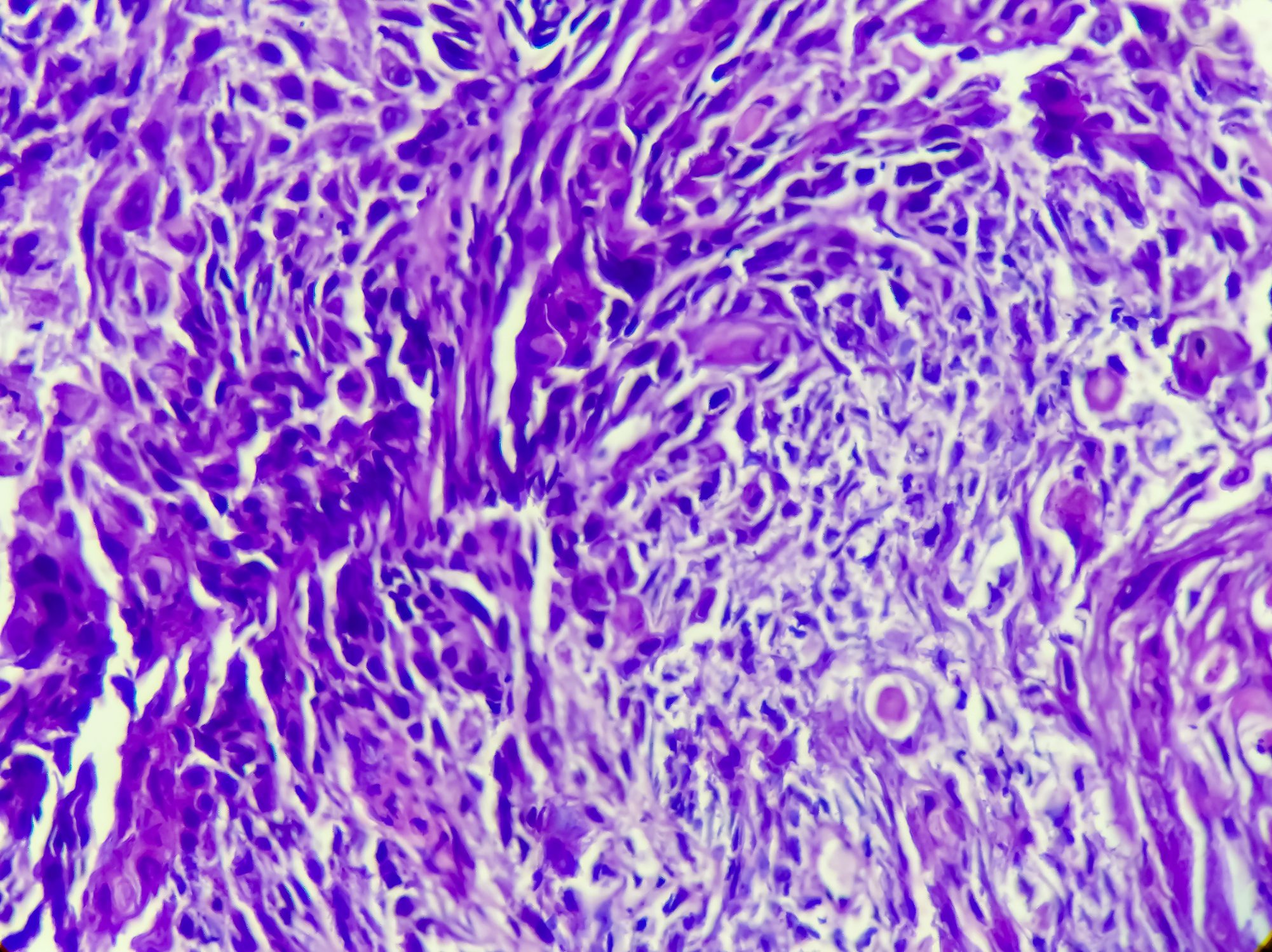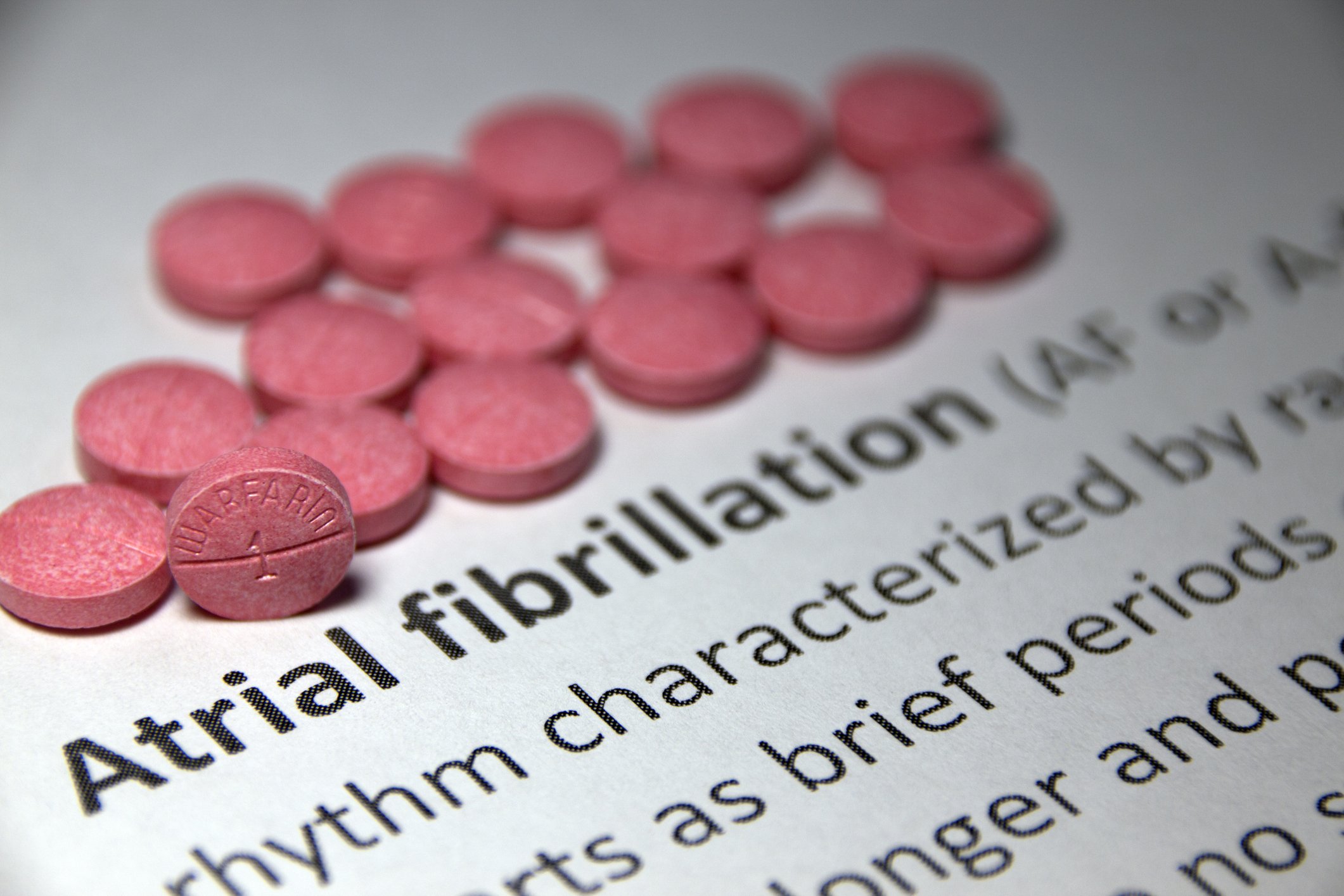The progressive forms of multiple sclerosis – primary progressive MS (PPMS) and secondary progressive MS (SPMS) – have presented neurologists with particular challenges for decades. Unlike relapsing-remitting MS (RRMS), where inflammation control through disease-modifying therapies is now the clinical standard, therapeutic progress in the progressive spectrum remains fragmentary. In recent years, however, new approaches have emerged: from targeted immunomodulators, Bruton’s tyrosine kinase inhibitors and remyelination strategies to innovative cell and gene therapies.
Autoren
- Tanja Schliebe
Publikation
- InFo NEUROLOGIE & PSYCHIATRIE
Related Topics
You May Also Like
- Dapagliflozin for T2D and heart failure
Epicardial fat reduced in patients with type 2 diabetes and HF
- A hub of biological aging
Mitochondrial dysfunction and energy metabolism
- Health Literacy
Promoting health literacy: from the abstract to the concrete level
- Pharmacological therapy
Anxiety symptoms in eating disorders
- Case study
Wiedemann-Steiner syndrome in a 2-year-old girl
- Chronic back pain
Care in the virtual hospital – the Back@home project
- Psoriatic arthritis
Long-term remission also possible without DMARDs
- Clinical relevance, benefits and limitations











